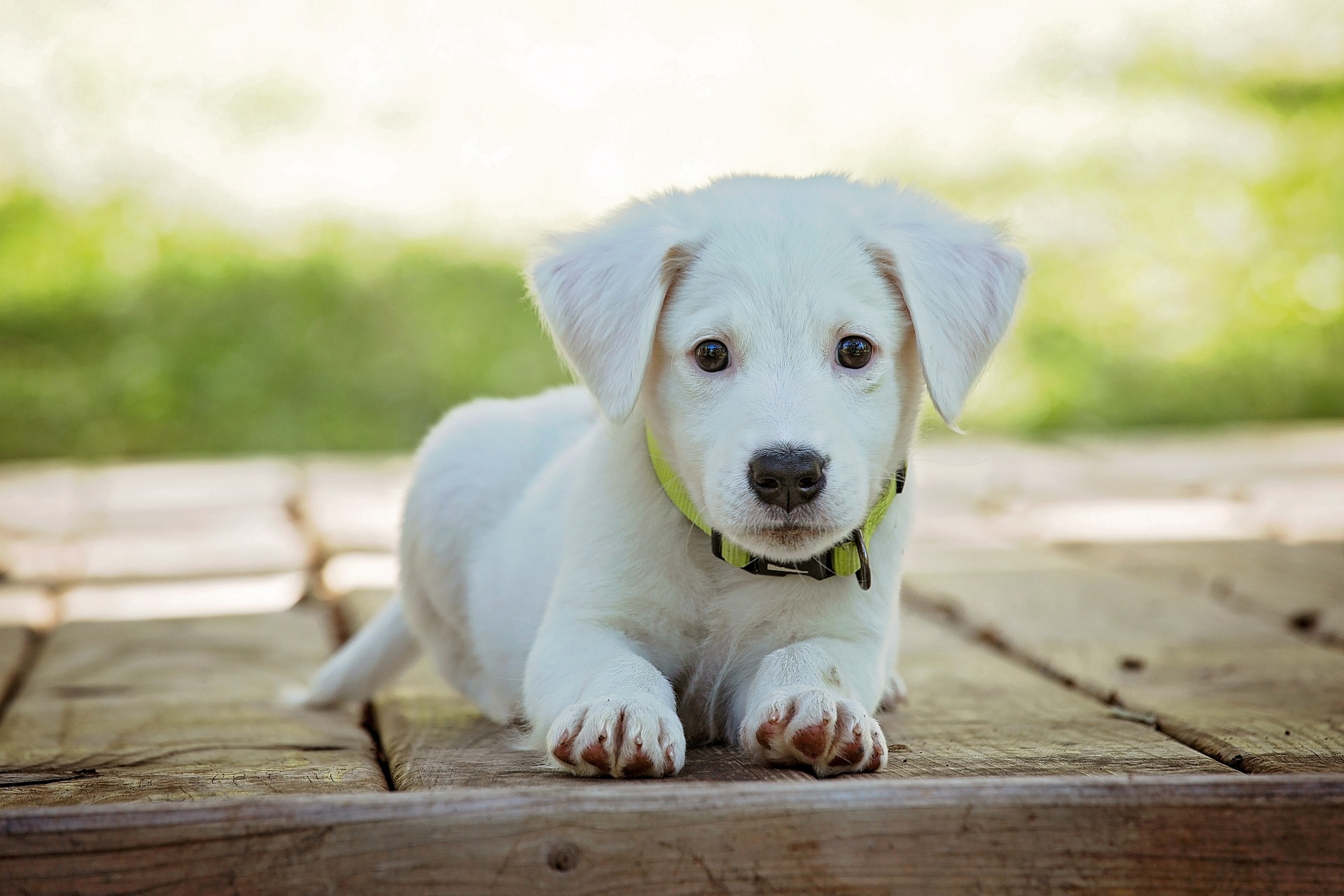
Bringing a dog into your home can be an incredibly rewarding experience. Dogs are known for their loyalty, companionship, and unconditional love. However, owning a dog also comes with a lot of responsibility. Here are some tips for first-time dog owners to help ensure a smooth transition and a happy life for you and your new furry friend.
Before bringing a dog into your home, it is important to do your research. Consider factors such as breed, size, energy level, and grooming requirements. Different breeds have different needs, so it is essential to choose a dog that fits your lifestyle and living situation. Researching breeds will also help you understand the temperament and behavior of the dog you are considering.
Before bringing your new dog home, make sure your living space is safe and comfortable for them. Remove any hazards such as toxic plants, small objects that could be swallowed, and electrical cords. Create a designated space for your dog with a bed, toys, food, and water dishes. It is also a good idea to have a crate for training and transportation purposes.
Dogs thrive on routine, so it is crucial to establish a daily schedule for feeding, exercise, training, and playtime. Dogs need structure and consistency to feel secure and happy. Make sure to set aside time each day for walks, playtime, and training sessions. A routine will also help with potty training and behavior management.
A healthy diet is essential for your dog's overall wellbeing. Make sure to provide high-quality dog food that is appropriate for your dog's age, size, and activity level. Consult with your veterinarian to determine the best diet for your dog and to establish a feeding schedule. Treats can be used as rewards for good behavior, but make sure not to overdo it to avoid weight gain.
Daily exercise is important for your dog's physical and mental health. Dogs need to burn off energy and stay active to prevent boredom and behavioral issues. Make sure to provide opportunities for your dog to exercise through walks, playtime, and interactive toys. The amount of exercise required will depend on your dog's breed, age, and energy level.
Regular veterinary check-ups are essential for maintaining your dog's health and wellbeing. Make sure to schedule annual wellness exams, vaccinations, and preventative care such as flea and tick prevention. It is important to keep up-to-date on your dog's vaccinations and to address any health concerns promptly. Additionally, spaying or neutering your dog can help prevent certain health issues and reduce the pet overpopulation problem.
Proper training and socialization are crucial for your dog's development. Basic obedience training such as sit, stay, and come will help establish a strong bond between you and your dog. Socialization with other dogs and people will help prevent aggression and fearfulness in your dog. Consider enrolling in a training class or working with a professional trainer to help you and your dog learn proper behavior.
Owning a dog is a long-term commitment that requires patience, love, and understanding. Dogs are intelligent and sensitive creatures that thrive on positive reinforcement and affection. Be patient with your dog as they learn and grow. Show them love and attention every day to strengthen your bond and create a happy and healthy relationship.
Following these tips for first-time dog owners will help you provide the best care for your new furry friend and ensure a smooth transition into life with a dog. Remember that owning a dog is a rewarding experience that will bring joy, companionship, and unconditional love into your life.